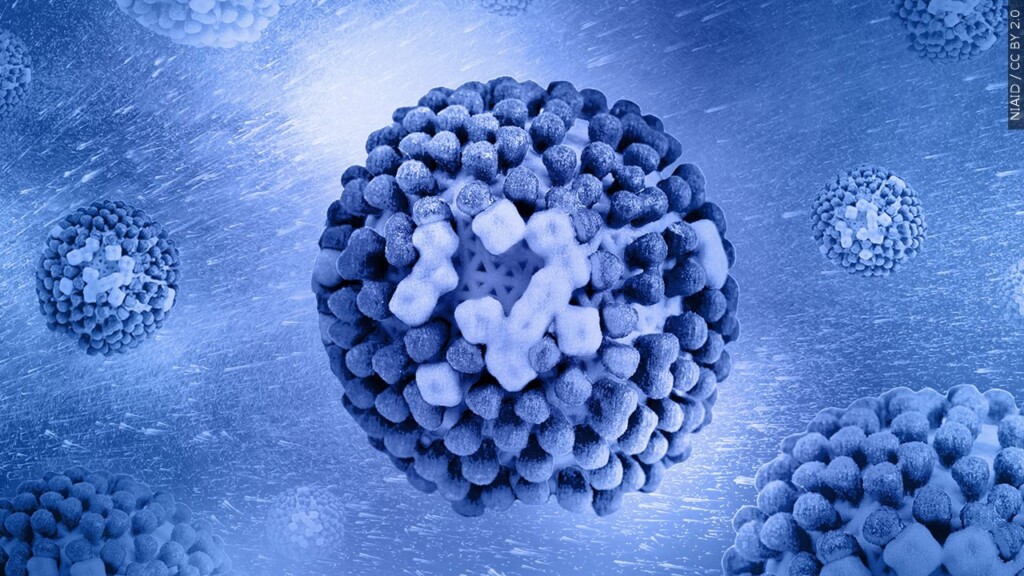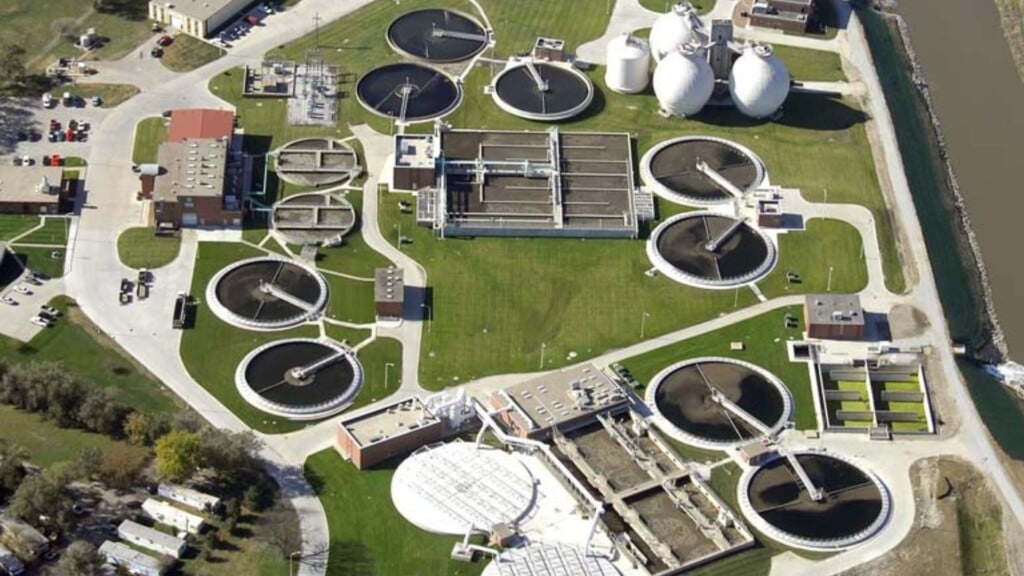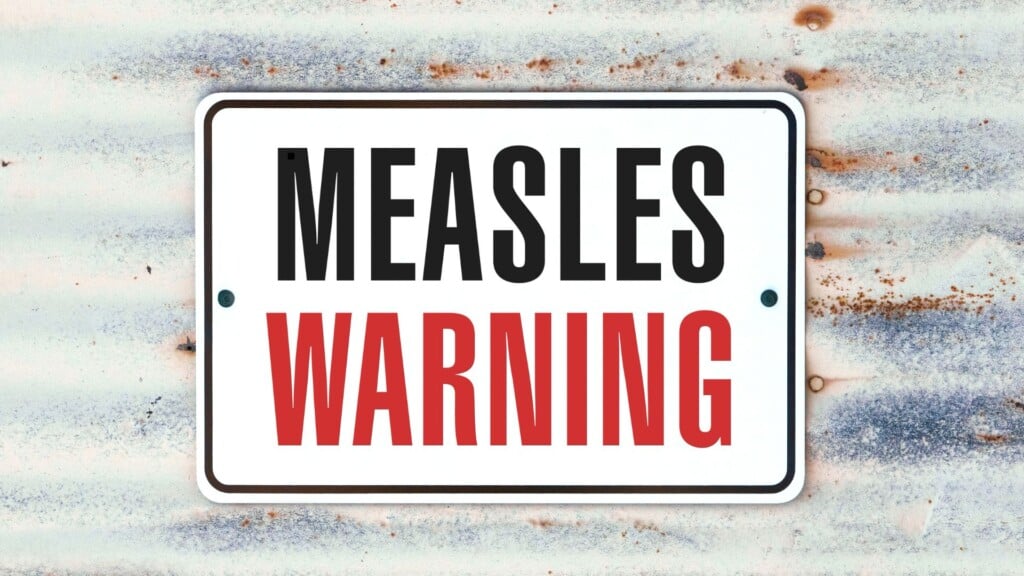Nebraska oncologist says new cancer vaccines could be next step toward a cure
OMAHA, Neb. (KLKN) – After years of research, experts are touting new cancer vaccines.
Dr. Aparkishor Ganti, a medical oncologist with Nebraska Medicine, said the vaccines give the immune system a way to find and target cancer cells in those who have already been diagnosed.
“Cancer vaccines are used for patients who already have cancer, he said. “They don’t prevent cancer; they prevent cancer from coming back.”
The vaccines use mRNA, which are proteins that control what other proteins are made in our body.
The mRNA developed in a vaccine teaches the immune system which proteins to look for that could be dangerous.
Ganti said the process begins when a patient has a tumor removed.
Researchers then analyze the tumor’s mutations to determine which proteins it has, and then develop the mRNA.
“The principle is that if we can train our body’s immune system to target any cell that has those particular proteins, they will be able to prevent those cells from growing,” Ganti said.
That means every vaccine is custom made to each person’s body and cancer cells.
Ganti said this research has been going on for 10 to 15 years now, and even helped to create the COVID-19 vaccines.
He said that so far, there aren’t any major side effects of the vaccine and that compared with chemotherapy, these are minimal.
The experimental drugs are still being tested on various cancers, including brain, pancreatic and skin cancer.
Ganti said there have been good results so far when it comes to melanoma, a deadly type of skin cancer.
“Patients who got this vaccine, in combination with immunotherapy, did much much better in terms of the cancer not coming back compared to patients who got the immunotherapy by itself,” he said.
The biggest challenge that researchers could be facing now is developing vaccines quicker.
Right now, it takes about nine weeks from when a tumor is removed to when the vaccine is ready, which isn’t enough time for some patients.
Companies like Moderna are currently working on vaccines and will be conducting more studies this year.
Ganti said treatments could be available to patients within the next five years, depending on how many people participate in clinical trials.
He said if results are successful over time, the vaccine could be a promising pathway to a cure.
“I would not be surprised if this is the only treatment for cancer in the future,” Ganti said.



